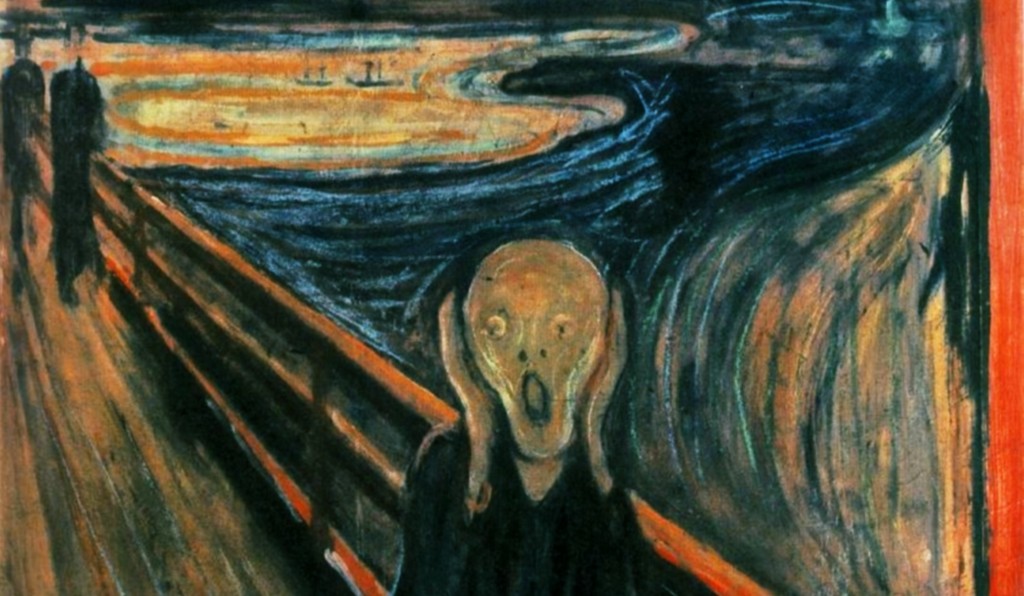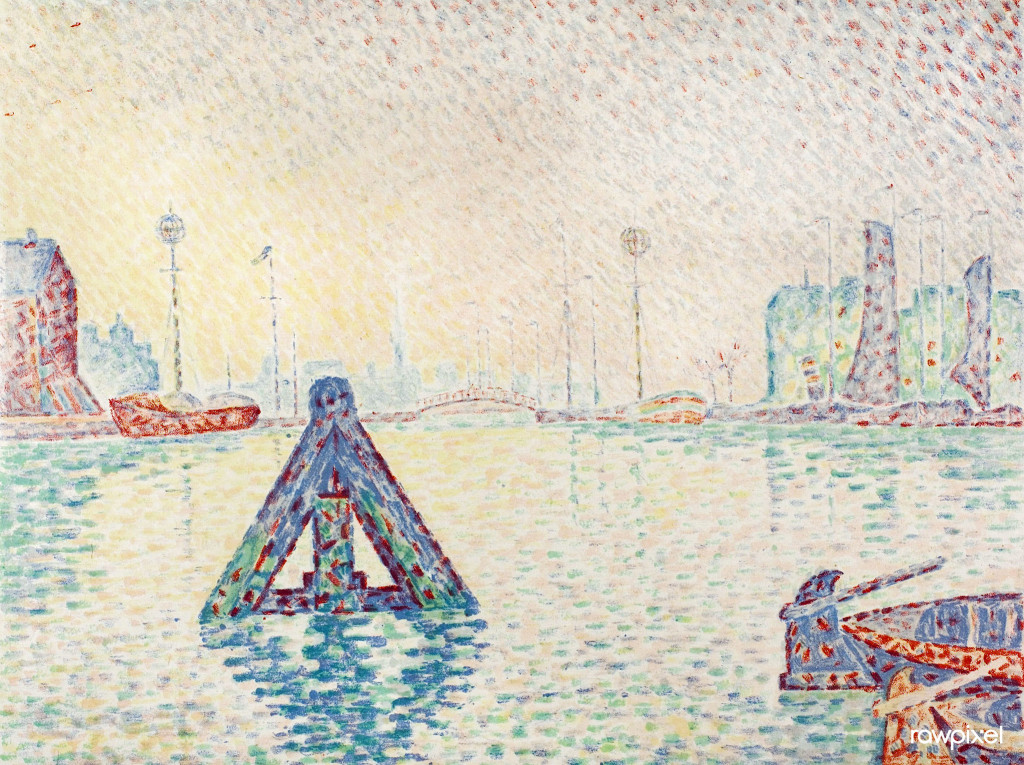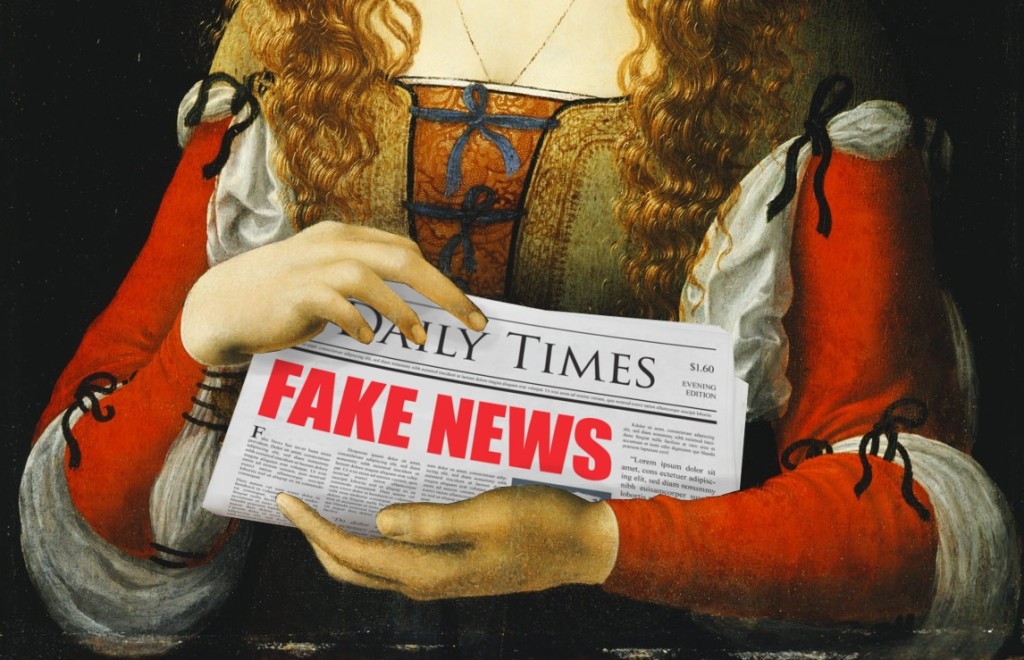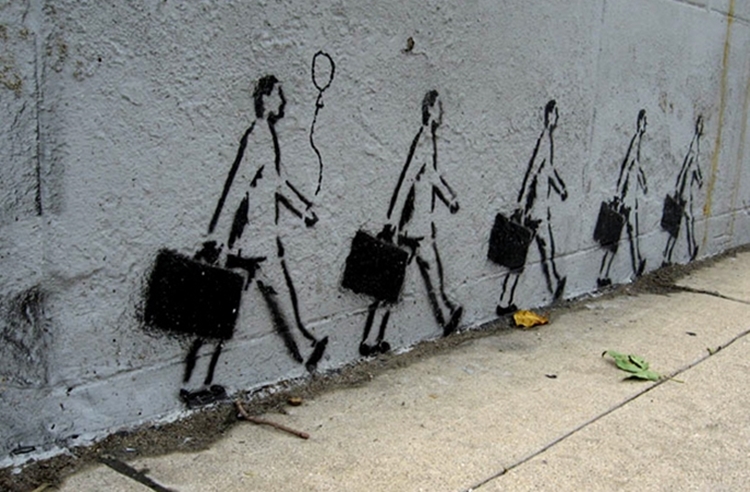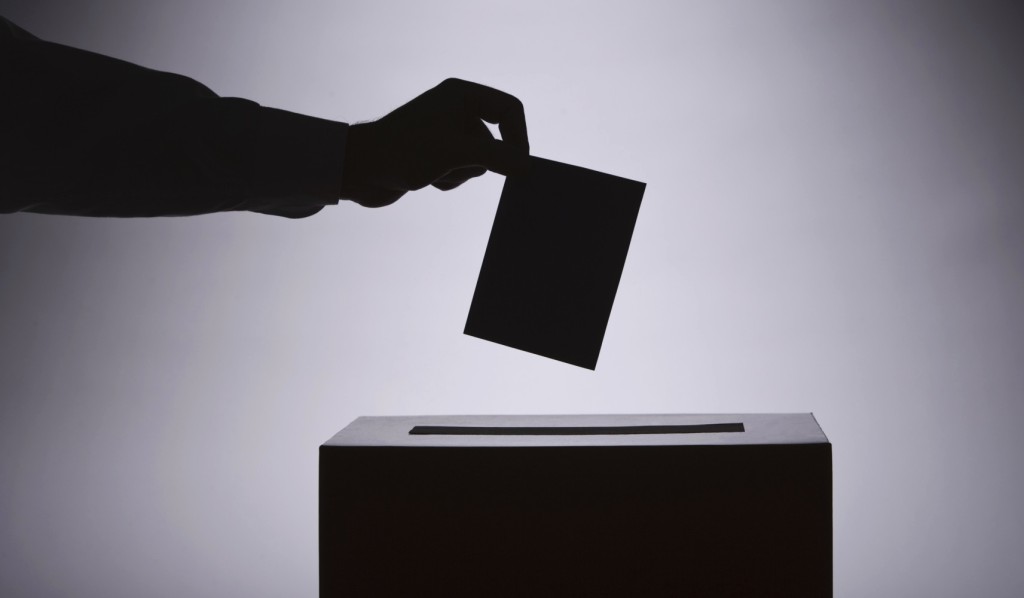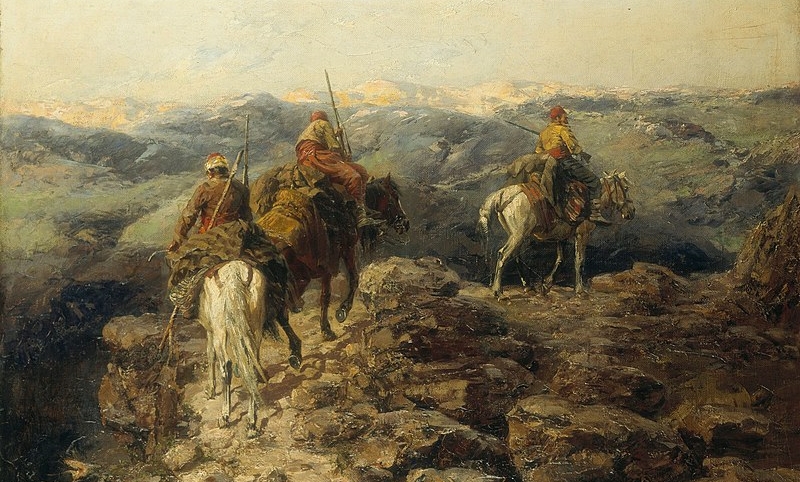
Nord Stream 2: If You Cannot Beat Them, Join Them
There are few issues in Poland on which all major parties have been in agreement for years. One of them is Nord Stream 2. Successive governments have tried to stop the construction of the gas pipeline and none has succeeded. Instead of wringing hands, getting offended at the whole world and threatening to break alliances, it is essential to draw conclusions from this defeat. Let’s start with a few obvious ones.



